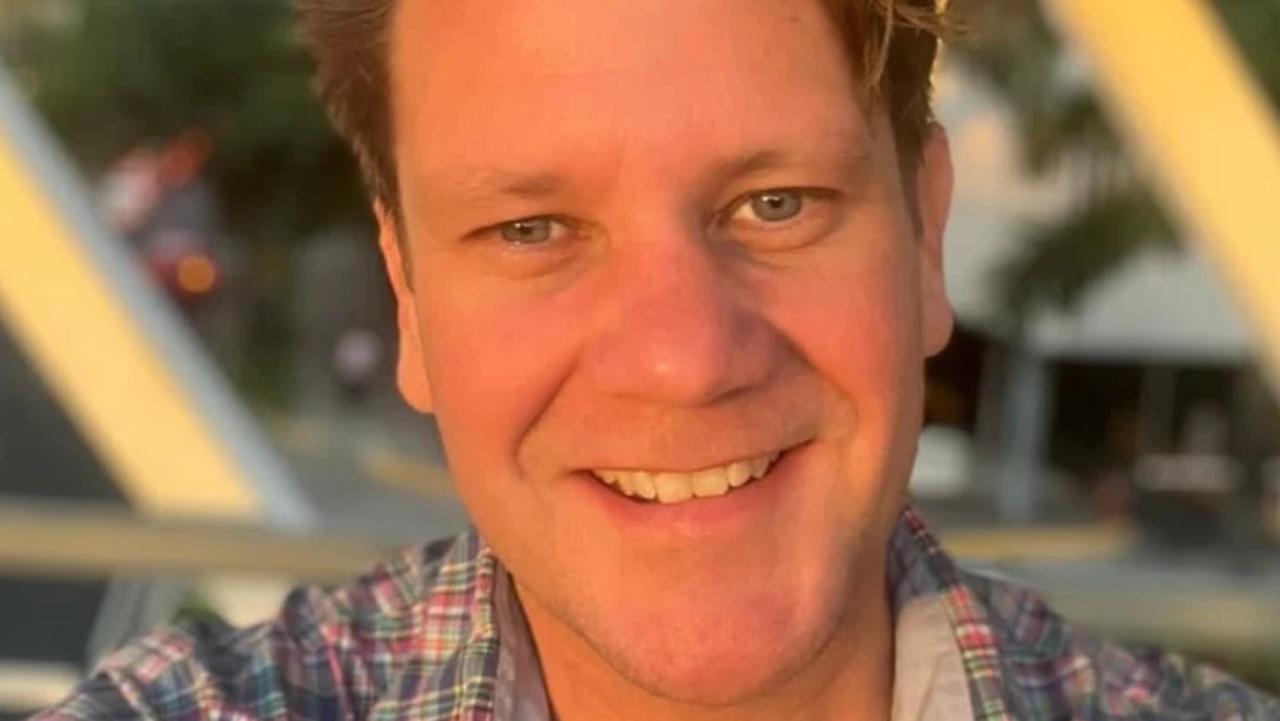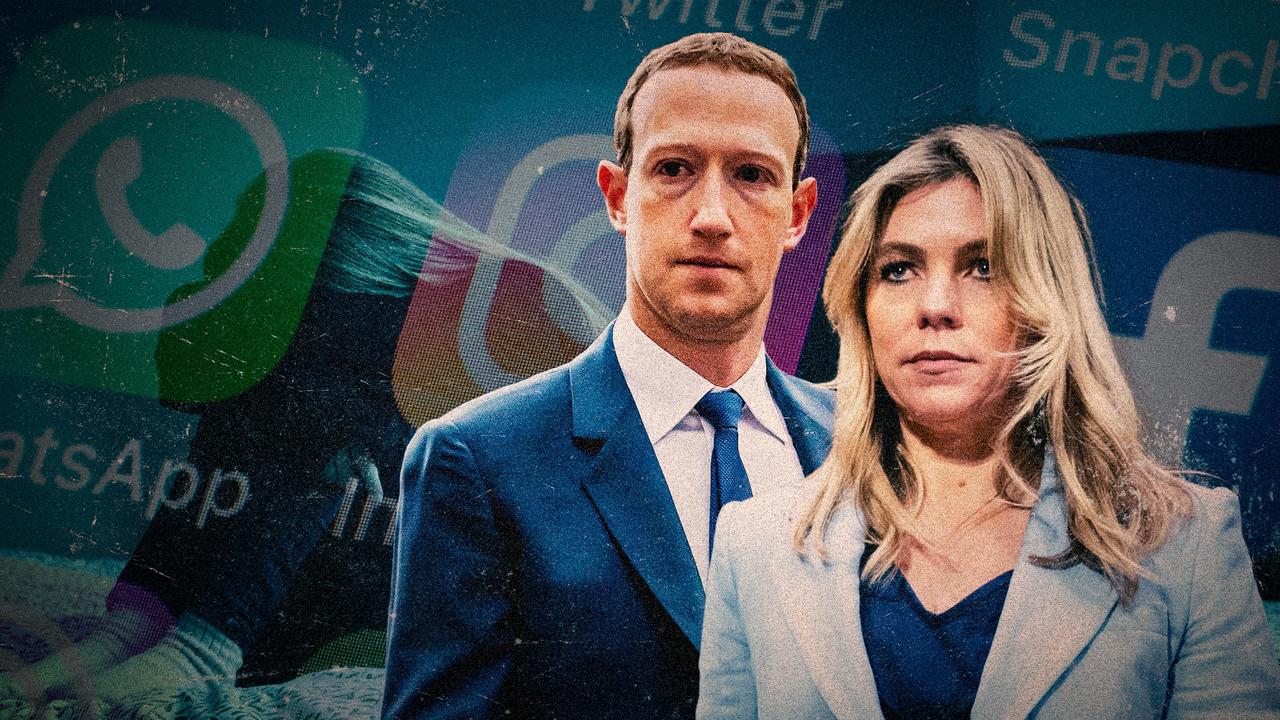Frydenberg grilled on Q&A
Josh Frydenberg defended the impact of the Christmas Island detention centre as a deterrent.

Treasurer Josh Frydenberg has defended the impact of the Christmas Island detention centre as a deterrent for asylum seekers, and rejected the idea that closing the facility — announced in last weeks budget — will put out a “welcome mat” message to people smugglers.
The Treasurer made the comments on a special episode of ABC’s Q&A, that was dedicated to discussing questions about last week’s budget and featured Mr Frydenberg as the sole panellist.
Mr Frydenberg said the reopening earlier this year sent a message of “going back to our strong border protection policies that have saved lives at sea”, and rejected the suggestion from host Tony Jones that closing the centre now was “putting a welcome mat” message out to people smugglers.
Asked about the cost and decision of reopening the centre earlier this year — at a reported cost of $185 million — then announcing its closure in the budget, Mr Frydenberg said “the reality is that decision was imposed upon us”.
“The reality is we were against the medevac legislation … this was a situation where Kerryn Phelps and others, and the Labor Party, produced this legislation, and passed it through the parliament … As a result, we reopened Christmas Island,” he said.

Tax cuts
Mr Frydenberg defended his budget and the associated tax cuts as helping Australians on lower incomes, saying “we want all Australians to earn more and to keep more of what they earn”.
“Our plan is both immediate relief, because we understand the cost of living pressures but also the long-term, structural reform.
“Under our plan, when fully rolled out, someone who is on $45,000 will pay one-tenth of the tax of someone on $200,000.
“The whole purpose behind our plan is to encourage and incentivise more work. So that you don’t get caught by bracket creep, which is a real problem.”
Mr Frydenberg also defended a drop in higher tax brackets to 30 cents per dollar for income between $45,001 and $200,000 — to come into effect in 2024 — as strengthening the progressive nature of Australia’s tax system.
Election advertising spending
Mr Frydenberg refused to clarify the cost to taxpayers of election advertising — which Labor says is about $600,000 per day — in the period before Prime Minister Scott Morrison calls the election date.
He said the spending information would not be available until after the election, but did promise that his government will “not run government-paid advertising during the caretaker period” — something he accused Labor of doing when they were in power.
NDIS spending
Asked about the scaled back budget allocation for the NDIS and whether savings from an underspend should be put into helping access and advocacy for claimants, Mr Frydenberg said the revision was due to a slow uptake, and that it was “based on the number of people in the scheme and the demand”.
“I can tell you in this budget, the NDIS is fully funded for its rollout over the next decade to the tune of over $140 billion and the Commonwealth will meet every single cent of its obligation. This is a bipartisan commitment.
“Currently there are 250,000 people who are on the NDIS, 78,000 of whom have never received such disability support before. It grows to 460,000 people,” he said.
Surplus and debt
Mr Frydenberg rejected the premise of a question that it was inaccurate to claim the country was currently in a surplus.
“The reality is last Tuesday night I put down the budget for the 2019-2020 year. That was a surplus of $7.1 billion.
Now, what is important is that grows to $11 billion the year after, to $17.8 billion the year after that, and $9.2 billion the year after that,” he said.
However he acknowledged that ‘the numbers for 2018-19 was a deficit just over $4 billion’.
“We ‘re black in the black,” Mr Frydenberg said.
Asked about debt trends in Australia in light of figures that showed net debt was “$174.5 billion in September 2013 after six years of Labor Government” and was $354.4 billion “in October of last year after five years of Coalition Government”, Mr Frydenberg said:
“The truth is that the debt has increased but now it has peaked and it is starting to be paid back with the first surplus in more than a decade. That’s the reality.”
Climate change and Adani
Asked about electric vehicles and his government’s position on the controversial Adani coal mine project, Mr Frydenberg said “climate change is real”.
“We need to accept the advice of our scientists, which we do. We don’t debate the science. And we’ve got to manage the transition in the most cost effective way.
“I want Australia to have strong jobs growth including in resource projects.
“I’m happy to say we’ll be guided by the science and whatever decision (regarding the Adani project) the Minister (Melissa Price) takes, I will support that decision.
“It was the Coalition Government that signed on and ratified the Paris agreement, which was a global agreement to deal with climate change,” he continued.
“When we came to Government in 2013 it was expected we would miss our 2020 target by 750 million tonnes. We’re now on track to beat that by around 300 million tonnes.
“To put that in perspective, one million tonnes is the equivalent of taking 300,000 cars off the road.”
Asked by a young questioner about his party’s commitment to Australia’s youth being if it was committed to coal-based power, Mr Frydenberg said: “We’ve seen 10 coal-fired power stations close in the last five to eight years. So the grid is changing.
“The transition … is under way but it has to be managed in the best interests of all Australians,” he said.
Cancer treatment spending
Mr Frydenberg was asked by a stage four cancer patient who submitted a video message from hospital, whether he would match or exceed Labor’s budget reply spending pledge towards alleviating out of pocket costs for cancer patients undergoing treatment.
He did not commit to nor rule out matching or exceeding Labor’s position, but said he would “want to see further detail” on Labor’s policy before taking a position.
Mr Frydenberg also touted his government’s increase to drugs listed on the Pharmaceutical Benefits Scheme (PBS), as well as other budget healthcare spending.
“In this budget there was money for free MRI scans for breast cancer. There was money for bowel cancer nurses. There was money for breast cancer nurses.
“There’s the money for the first-ever children cancer’s hospital in Sydney, and more money,” he said.
“We have a situation where we’re already investing significant amounts to deal with cancer treatment, cancer drugs, cancer research.
“That is important for the whole country and we will continue to do so,” he said.




To join the conversation, please log in. Don't have an account? Register
Join the conversation, you are commenting as Logout